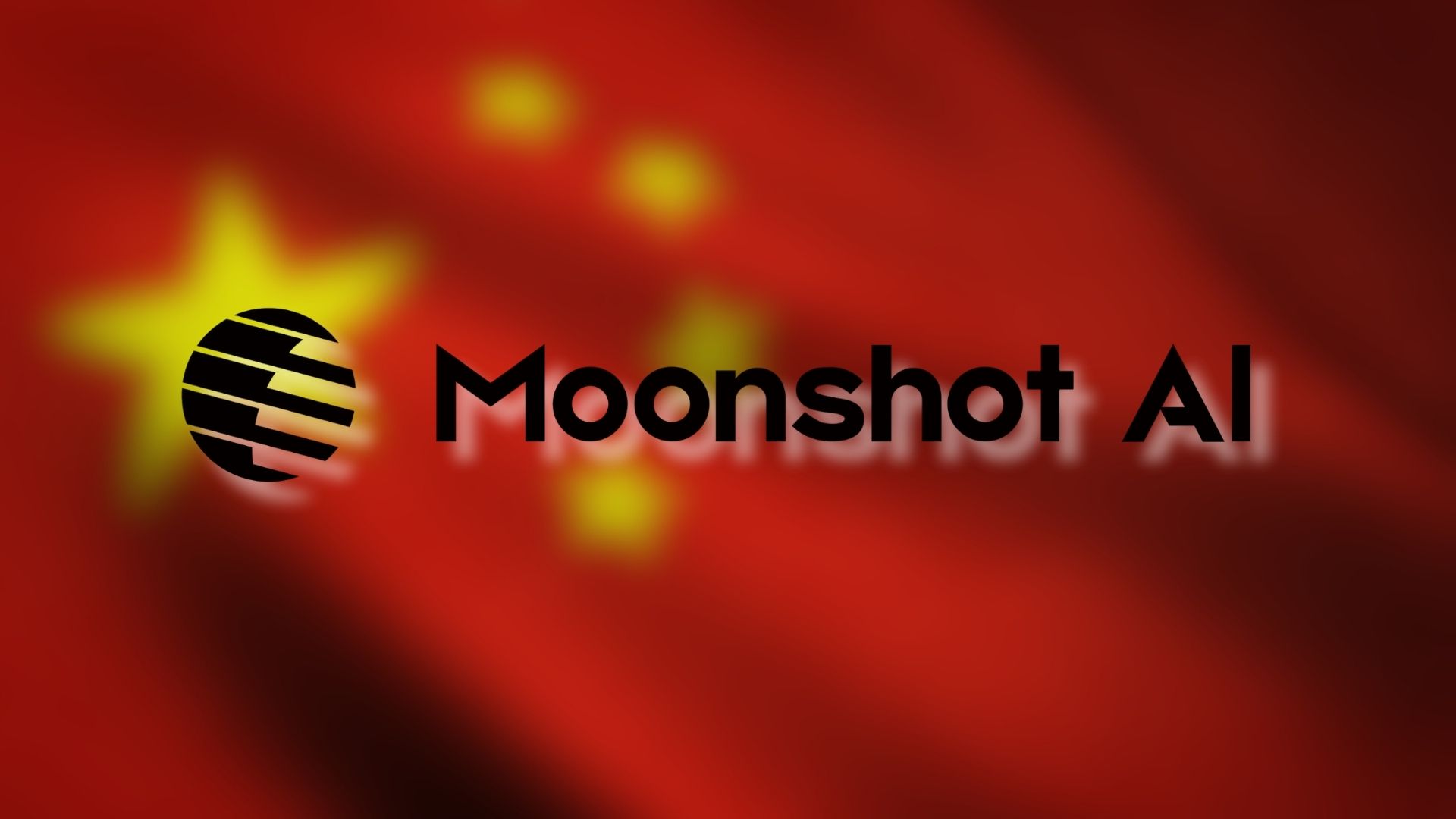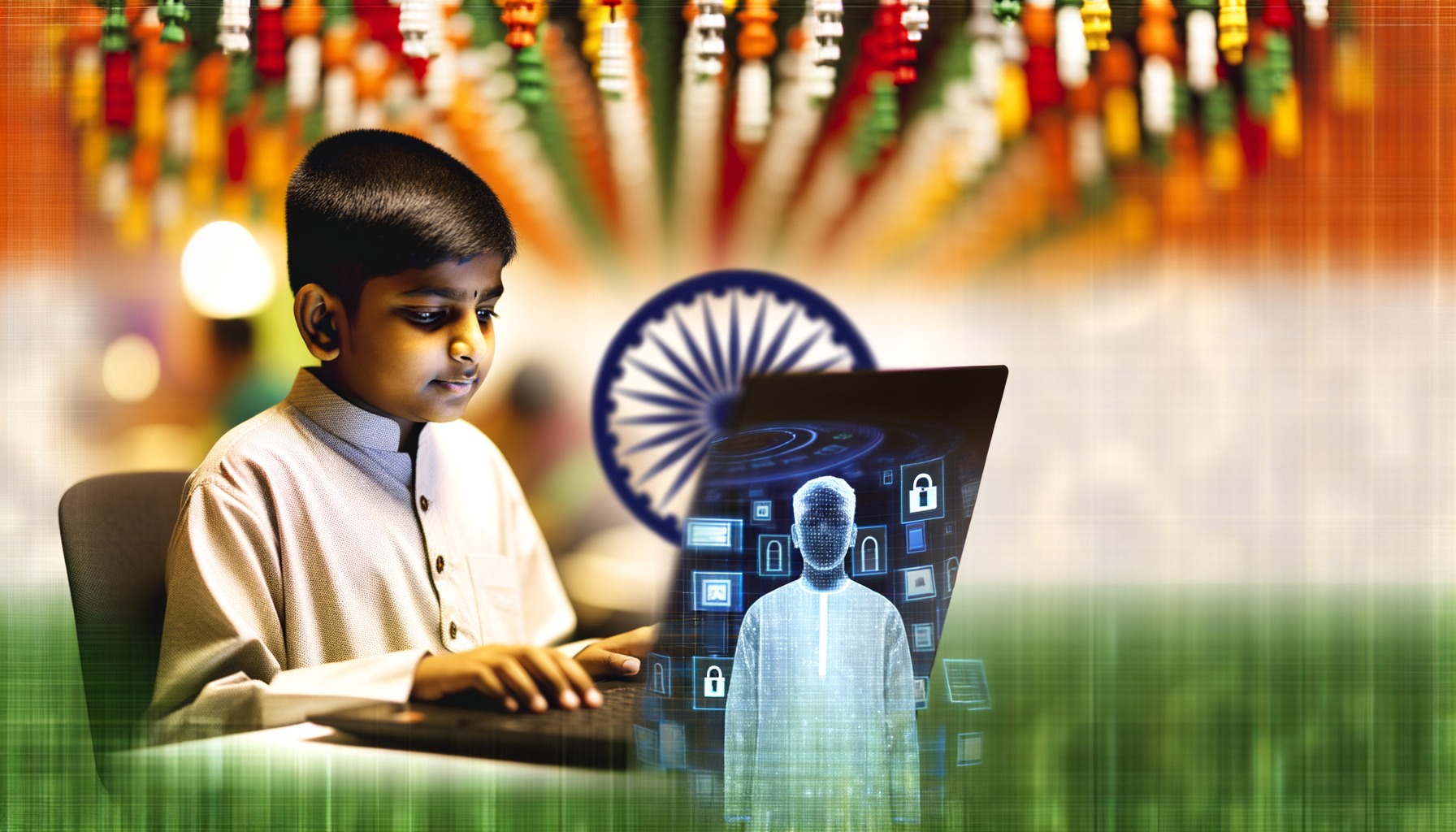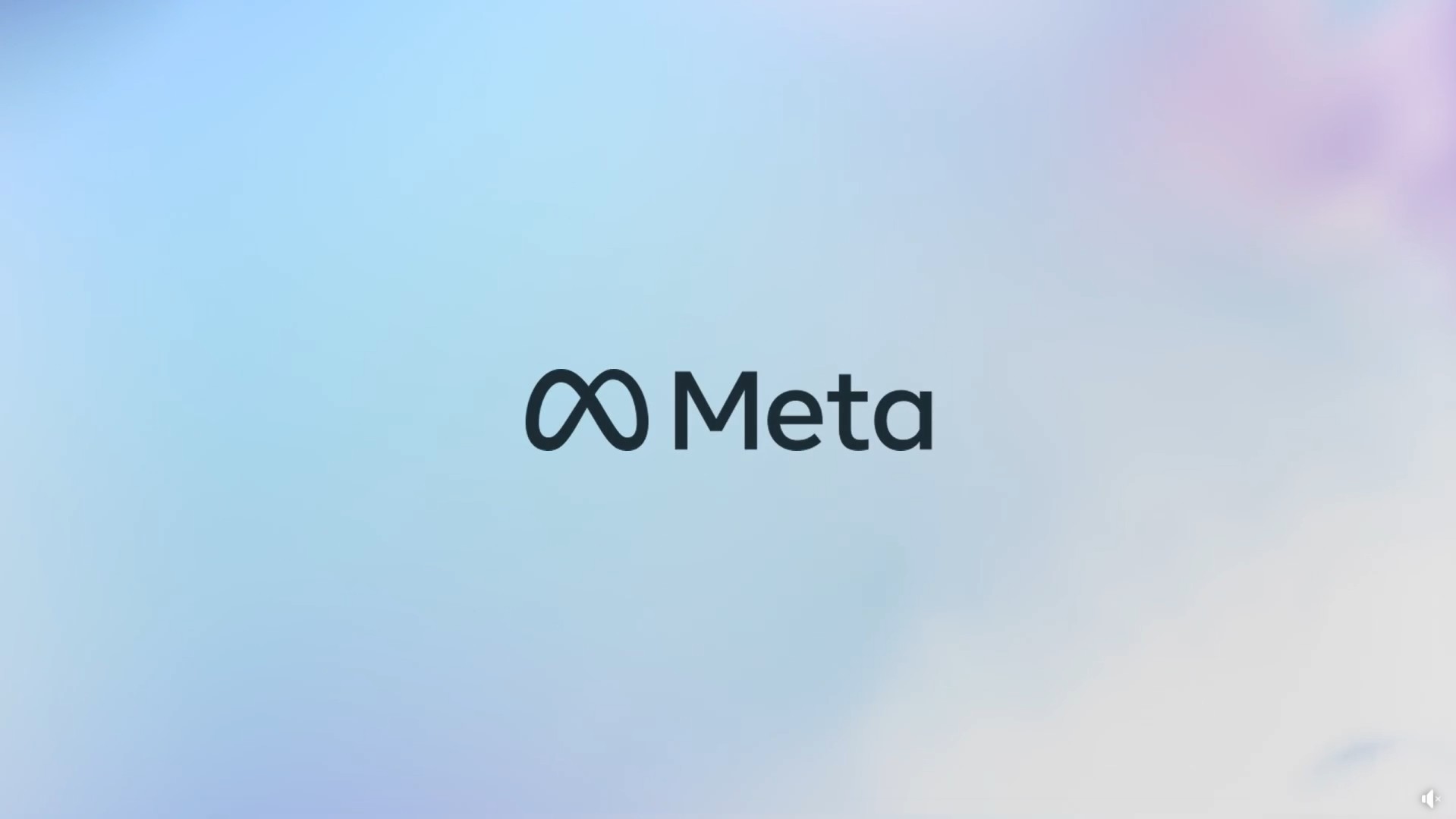Moonshot AI has released an upgraded version of its Kimi model, intensifying competition among China’s leading AI developers. The launch comes ahead of an anticipated major release from rival DeepSeek.
The new model, K2.5, can process text, images, and video within a single prompt. Moonshot said the system improves performance across benchmarks and strengthens coding capabilities.
Several AI firms in China have rolled out upgrades in recent weeks. Companies including Alibaba, Zhipu, and MiniMax have introduced new models focused on reasoning, images, and robotics.
Investment has surged alongside the technology push. Moonshot recently raised $500 million, while rivals secured more than $1 billion through listings and funding rounds.
Analysts say the rapid pace highlights mounting pressure across the Chinese AI sector. Smaller developers are struggling to keep up with rising costs and the pace of innovation.
Would you like to learn more about AI, tech, and digital diplomacy? If so, ask our Diplo chatbot!










